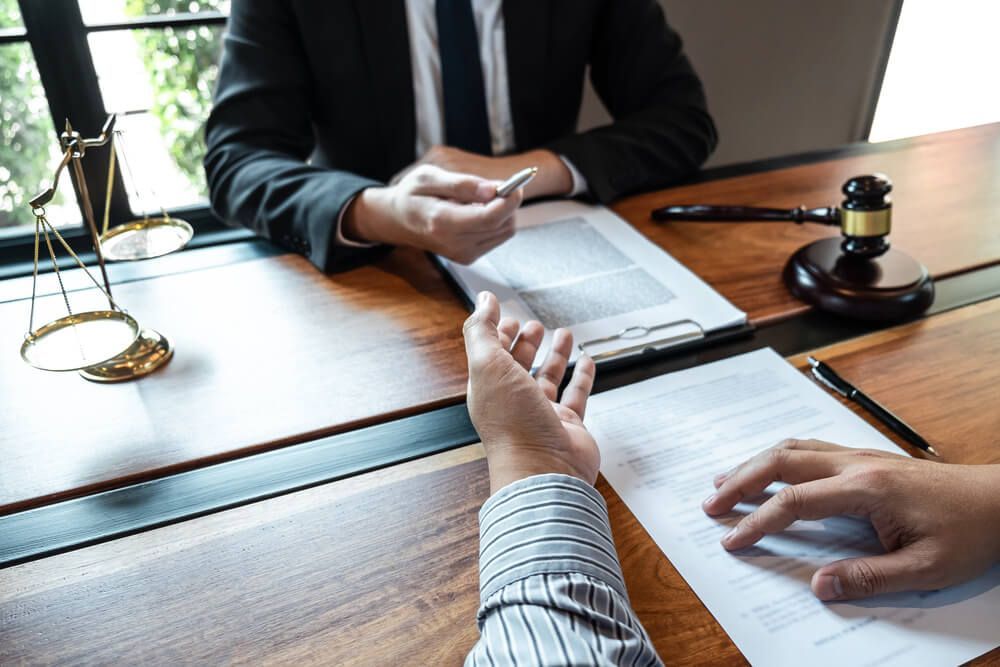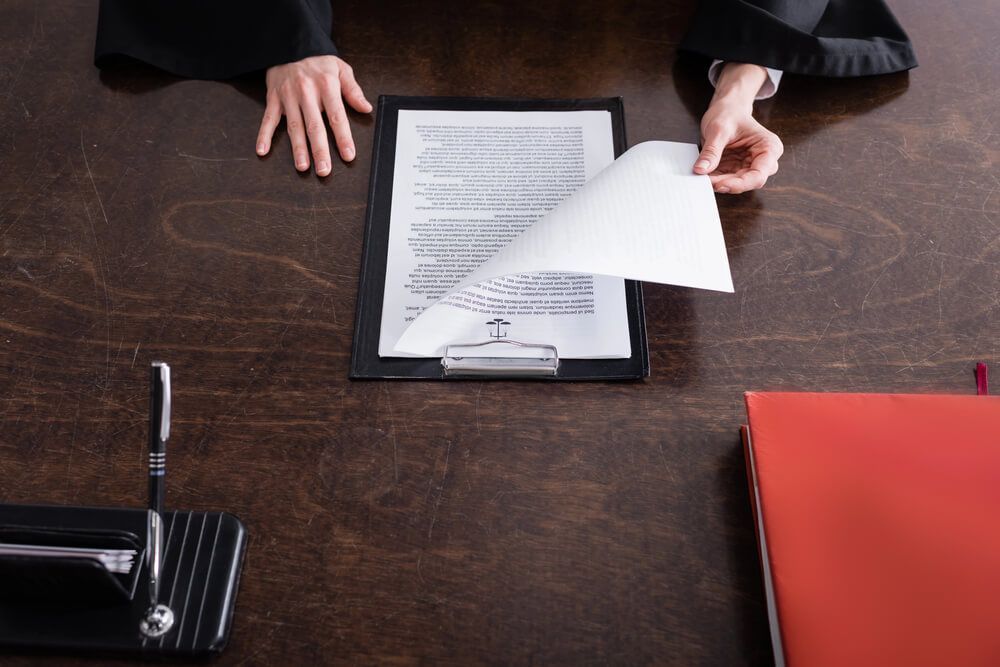What Usually Happens at a Settlement Conference?
Recent Blog Posts
What Usually Happens at a Settlement Conference?

If you’ve watched any courtroom drama, you might think every lawsuit ends in a dramatic trial with surprise witnesses and passionate closing arguments. In reality, most cases don’t make it that far. Instead, many are resolved earlier through a settlement conference. But what usually happens at a settlement conference? Knowing what to expect during this process can help you feel more confident, prepared and in control of your case.
What Is a Settlement Conference?
A settlement conference is a formal meeting between the parties involved in a lawsuit. This meeting is designed to explore the possibility of resolving a legal matter without going to trial. This step typically comes after significant progress has been made in the case, such as discovery, depositions or pre-trial motions, and both sides have a clearer understanding of the strengths and weaknesses of their positions.
Settlement conferences are often court-ordered, but they can also be scheduled voluntarily if both sides agree it’s worth exploring a resolution. A neutral facilitator, such as a judge, magistrate or professional mediator, typically leads the session. While this person doesn’t make any final decisions, they help guide the discussion and keep negotiations productive.
A great benefit of settlement conferences is that they are confidential, which means that anything said during the conference stays private. This allows both sides to speak more openly without worrying that their words will be used against them later in court.
What Happens at a Settlement Conference?
At a settlement conference, both sides come together, usually with their attorneys, and attempt to resolve the dispute. Here’s what typically happens from start to finish:
- Opening Remarks by the Neutral Facilitator: The judge or mediator will explain the purpose of the meeting, set the tone for cooperation and review the process ahead.
- Opening Statements by Each Party: Each party presents its version of the case, including the facts, injuries, legal issues and desired outcomes.
- Private Discussions (Caucusing): After initial statements, the facilitator often meets privately with each side to discuss their case in more depth.
- Negotiation: The mediator shuttles between the parties with proposals, counteroffers and settlement terms. This phase can take several hours.
- Drafting the Agreement: If a resolution is reached, the attorneys will draft a written agreement outlining the terms. This may include compensation, releases and any other conditions. Once signed, it becomes legally binding.
Throughout the conference, your attorney plays a key role in presenting your case, advising you on settlement offers and protecting your legal rights.
What Happens After a Settlement Conference?
A settlement conference can conclude in several different ways, depending on the progress made during the negotiation.
Full Settlement
A full settlement is the best-case scenario. Both sides agree to all terms, and the case is resolved without going to trial. The agreement is written, signed and submitted to the court, which typically results in the lawsuit being dismissed.
A full settlement brings closure and certainty. You avoid the stress, time and cost of a trial, and after the agreement is signed and finalized, you’ll receive the compensation you’re owed on a set timeline. Your attorney will ensure the terms are fair and that your rights are fully protected throughout the process.
Partial Settlement
Sometimes, only some issues are resolved in a settlement conference, such as the amount of damages, but not who was at fault, or vice versa. In that case, the remaining issues may still go to trial. However, a partial settlement isn’t always the right choice. Some people choose to reject it because settling just one part of the case can weaken their position in court, especially if the issues are closely connected.
Once all or part of a case is settled and the agreement is signed, reopening a case later becomes very difficult, even if new issues come up. This can complicate the legal strategy or make the rest of the case harder to argue. Your attorney can help you weigh the pros and cons to decide what makes the most sense for your situation.
No Settlement
If no agreement is reached during the settlement conference, the case will move forward to trial. This can feel like a setback, but it doesn’t mean you’ve lost your chance to win. In fact, some cases are stronger in court, especially when there’s solid evidence and a clear legal argument.
Going to trial gives both sides the opportunity to present their case in full and have the outcome decided by a judge or jury. While it may take longer to reach a resolution, your attorney will be fully prepared to advocate for you and pursue the compensation you deserve.
Continued Negotiation
If a settlement isn’t reached on the day of the conference, the parties may agree to meet again. This often happens in cases where progress was made, but more time or information is needed to reach a final agreement.
Continued negotiation gives both sides a chance to revisit unresolved issues, adjust their positions and consider new proposals. Your attorney may use this time to gather additional evidence or refine your strategy. Even though a settlement wasn’t reached right away, additional negotiation time can often lead to a resolution without needing a trial.
How Do You Prepare for a Settlement Conference?
An attorney’s job is to make sure you walk into a settlement conference feeling confident and ready. They’ll explain how the process works, who will be there and what to expect, so there are no surprises. Your attorney will also go over the facts of your case, gather the most substantial evidence and help you define what a reasonable settlement looks like for you.
During the settlement conference, your attorney will do the talking and negotiate for you. If you can’t reach an agreement, they’ll be ready to continue preparing for trial.
Find a Lawyer Who Will Stand By You No Matter What Happens at a Settlement Conference
At Sargon Law Group, we specialize in personal injury and accident cases. We understand the life-changing impact that injuries can have, physically, emotionally and financially. We approach every case with compassion, strategy and tenacity inside and outside the courtroom.
Contact us today to learn how Sargon Law Group can help you prepare for whatever might happen at your settlement conference. We will work together to fight for the results you deserve.





